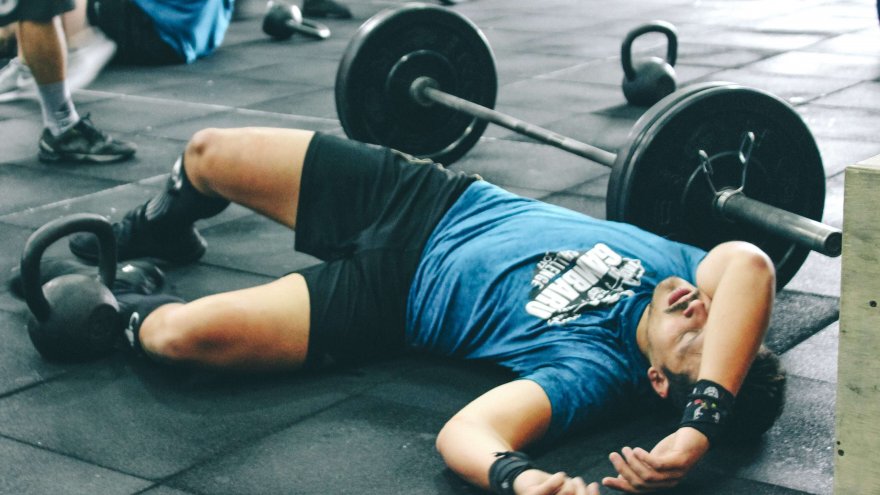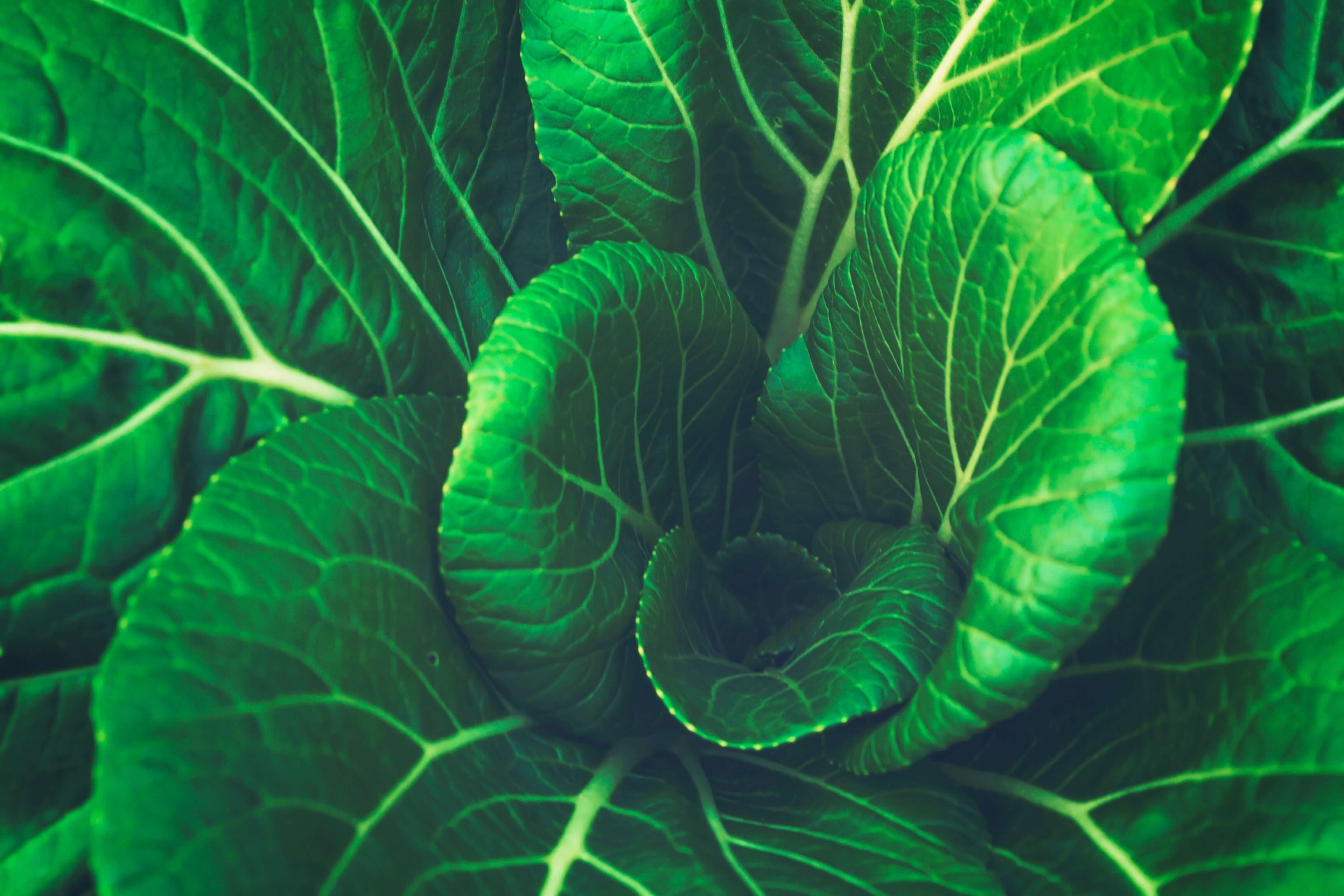Do You Have a Vitamin Deficiency? Part 1

When you make the effort to get enough rest, eat good healthy foods, and exercise regularly, ideally you’ll feel at the top of your game, all the time. But in reality, you can be doing all the ‘right’ things and sometimes still feel rundown, fatigued, or notice a negative change in your body or mind. The good news is that sometimes, the reason is simply that you are missing out on a crucial vitamin or mineral. You might just be suffering from a deficiency that is easily fixed with a small change to diet or with the introduction of a daily supplement.
Below is a list noting several symptoms of the most common vitamin deficiencies. Have a look, and see if any apply to you – they may seem like small changes in your everyday health, but might reveal the secret to you feeling 100% again.
Brittle hair and nails
If your body is lacking a sufficient amount of the mineral iron, Vitamin C, or less commonly, Vitamin B7 (also known as biotin), you may notice that your nails and hair are unusually dry, brittle and easily split apart.
Iron: Other signs of a mineral iron deficiency are fatigue, restless leg syndrome, cold hands and feet, headaches, dizziness, and pale inner eyelids (you can check this by placing your finger underneath your eye and pulling the skin downwards to see the inside of your lower eyelid. It should be rosy pink or red – if it’s pale you may be lacking sufficient iron). The human body most easily absorbs iron derived from animal-based foods such as meat, seafood, and poultry. But vegetarians and vegans can still successfully source their iron from legumes, grains, leafy greens, nuts and seeds, molasses and prune juice – the secret? Pair your plant-based iron with a source of Vitamin C, and you will increase your absorption by as much as five times.

Vitamin C: Other signs of a deficiency in Vitamin C are inflamed or bleeding gums, wounds that are slow to heal, dry skin, fatigue, and frequent nosebleeds. The best source of Vitamin C is a ‘rainbow’ of fresh fruits and vegetables, or you can take a Vitamin C supplement.
Vitamin B7 (Biotin): Being deficient in vitamin B7 or biotin is far less common, but in addition to brittle hair and nails, the symptoms can also include muscle cramps or pain, tingling hands and feet, and chronic fatigue. Studies have shown better results when sourcing biotin naturally (vs supplements) from foods like egg yolks, cauliflower, liver, salmon, avocado, sweet potato, and brewer’s or nutritional yeast (in case you didn’t already know, nutritional yeast is a delicious, ‘cheesy-tasting’ vegan topping for any savory meal. Give it a try!).
Bruising easily
If you suddenly notice that you are bruising like a ripe fruit, you may be low in your levels of Vitamin C, Vitamin K, and the mineral iron.
Iron: See ‘Brittle hair and nails’ above.
Vitamin C: See ‘Brittle hair and nails’ above.
Vitamin K: Vitamin K is named after the German word ‘Koagulation’, or in English, ‘Coagulation’, and plays an important role in your body’s natural blood coagulation. It’s important to understand that Vitamin K deficiency is quite rare. Natural sources of Vitamin K are green leafy vegetables, brussels sprouts, fermented soy, cabbage, broccoli, and fermented dairy products. Certain medications and aging can also cause easy bruising, and you should not take a Vitamin K supplement if you are on blood-thinning medication. It’s a good idea to check with your doctor before taking a supplement.

Fatigue
Fatigue can seem like the slipperiest fish of all when trying to self-diagnose the source of your sudden exhaustion. As always, it’s a good idea to talk to your doctor about sudden changes in your everyday health. But there are also steps you can take to try and remedy the issue on your own, and there’s a good chance the answer is a simple one – the following deficiencies are some of the most common sources of suddenly feeling tired, fatigued, and overly sleepy throughout your day.
Vitamin C. See ‘Brittle hair and nails’ above.
B Vitamins. There are a string of B Vitamins, and they are all crucial to your health as they are responsible for helping your body convert food to energy. They are B1 (thiamine), B2 (riboflavin), B3 (niacin), B5 (pantothenic acid), B6, B12, Folic acid, and Biotin. Vitamin B12 is the most common culprit for low energy, but if just one of these B vitamins is missing from your body, it can negatively affect your energy levels. Your best bet is to try taking a Vitamin B Complex supplement and note any changes. Pro tips: take your B vitamins in the morning – any later in the day causes some people to experience vivid dreams or nightmares; and take them with some food, as they can cause nausea on an empty stomach. B vitamins can also be found naturally in foods such as leafy greens, dairy products, beans, fish, and lean meats.
Magnesium. As a mineral essential to your body’s energy production, low levels of magnesium has been shown to cause chronic fatigue and even depression. Other serious signs of a deficiency include loss of appetite, muscle tremors (ever had an irritating eye twitch?), poor memory, sensitivity to light and sound, insomnia, an irregular heartbeat, and more. Luckily, there’s an easy fix for this – take a daily magnesium supplement. You can also source magnesium naturally by eating dark, leafy greens (noticing a trend here?), whole grains, nuts, seeds, beans, seafood, and dairy products.

In most cases, health issues stemming from a vitamin or mineral deficiency can be remedied with a small adjustment to your diet or supplement intake. These unpleasant symptoms may be your body’s way of communicating a deficiency to you, and it’s important to listen! To read more about signs that may indicate you have a vitamin deficiency, check out our next blog post on the topic this week: Do You Have a Vitamin Deficiency? PART 2.

Latest Articles
 Is Running on a Treadmill Easier Than Running Outside?Runners have their own preferences, whether it is treadmill running, running outside on the road, or exploring trails. So...
Is Running on a Treadmill Easier Than Running Outside?Runners have their own preferences, whether it is treadmill running, running outside on the road, or exploring trails. So... Is It OK to Use Trail Running Shoes on the Road?While trail running shoes can be used on roads, especially in situations where a runner encounters mixed terrains or pref...
Is It OK to Use Trail Running Shoes on the Road?While trail running shoes can be used on roads, especially in situations where a runner encounters mixed terrains or pref... How to Fix Sore Quads After Running?Rest, ice, gentle stretching, and over-the-counter pain relievers can help soothe sore quads after running. Also, ensure ...
How to Fix Sore Quads After Running?Rest, ice, gentle stretching, and over-the-counter pain relievers can help soothe sore quads after running. Also, ensure ... 10 Fruits With The Most Electrolytes to Replace Sports DrinksThese fruits are high in electrolytes such as potassium, magnesium, and calcium, essential for hydration, muscle function...
10 Fruits With The Most Electrolytes to Replace Sports DrinksThese fruits are high in electrolytes such as potassium, magnesium, and calcium, essential for hydration, muscle function...

